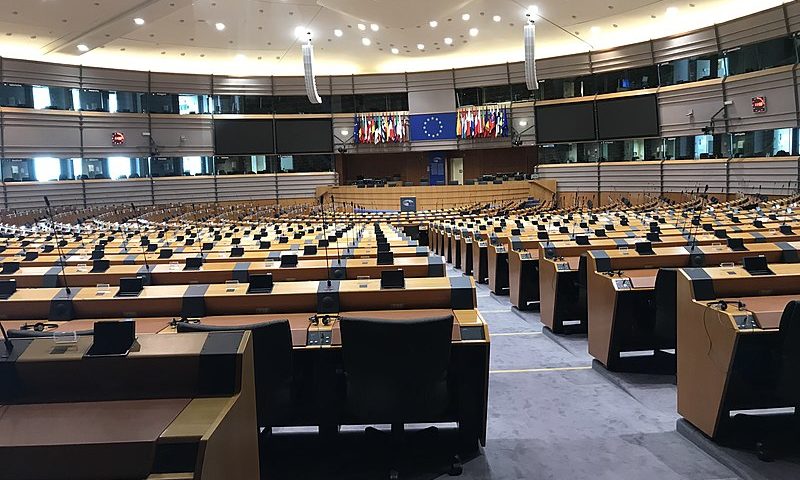The European Union has issued a warning to Poland after the country’s parliament approved a new commission that could potentially bar individuals with links to Russia from holding public office.
The commission, approved last week, aims to investigate alleged Russian interference in Poland between 2007 and 2022. However, critics argue that the panel, which will be predominantly composed of government MPs, is specifically designed to target opposition leader and former Prime Minister Donald Tusk.
EU Justice Commissioner Didier Reynders expressed particular concern over the commission. He stated that the EU Commission would closely examine the legislation and would not hesitate to take action if necessary. Reynders emphasized the importance of access to justice and an independent judiciary in such systems.
The 10-member commission will have the authority to impose 10-year bans on individuals found guilty of acting under “Russian influence,” effectively preventing them from holding national office or managing public funds. The panel will specifically investigate gas deals signed with Russia, which the government claims have left Poland excessively reliant on Moscow.
Reports suggest that the commission, which is expected to be dominated by MPs from the ruling Law and Justice Party (PiS), could release its initial report as early as September.
Opposition MPs from the Civic Platform Party are concerned that the investigation, covering the period between 2007 and 2015 when they were in power, will be used to undermine support for Donald Tusk, who currently serves as the party’s chairman. Although Tusk is not an MP, he is expected to challenge Prime Minister Mateusz Morawiecki in the upcoming elections later this year.
Critics, including Civic Platform’s parliamentary leader Krzysztof Brejza, have criticized the new commission as a “Soviet-style idea” and accused the government of orchestrating a witch hunt against Tusk.
Prime Minister Morawiecki defended the law, stating that there was nothing to fear from the commission’s verification of Russian influence. He questioned why the opposition, particularly Tusk, was afraid of such an investigation.
The US Ambassador to Poland, Mark Brzezinski, expressed concerns that the commission could limit voters’ ability to choose their preferred candidates. Poland’s foreign ministry responded by affirming that any party subject to the commission’s decision would have the right to appeal, and that the panel would not restrict voters’ ability to vote for their candidates in elections.
Poland is already engaged in a longstanding dispute with the EU over judicial reforms, leading to the suspension of billions of euros in aid in January. The PiS government has faced accusations of eroding civic freedoms, including freedom of the press, and opposition MPs warn of Poland’s potential transition into an authoritarian state if the government is re-elected.





